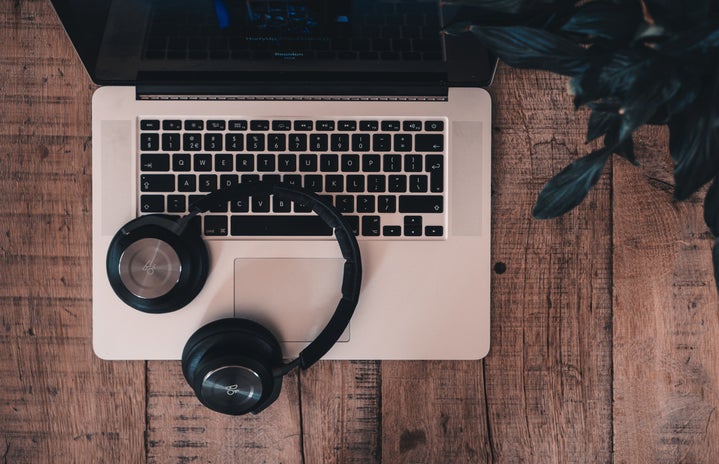With the evolution of the internet, content has never been more readily available. Millions of books, music, TV shows and movies are available for instant consumption – as close as the click of a button. And that’s not even to mention the ever-growing list of social media sites and their multitude of entertainment forms.
It is no surprise that this evolution has also given rise to questions over the impact that this instant and constant consumption is having on us. On the ways in which we think, the ways in which we see the world, and of the people we are becoming.
The rise of the internet, and its large-scale impact on media consumption is not all negative. In fact, it has enabled people who otherwise would not be able to, to break into creative industries, therefore creating a wider variety of media types accessible on a larger scale. Events that news outlets bury are now able to be told, to be heard, and largescale journalistic biases are being highlighted. The ability to cultivate a stream of content personal to each individual is opening up more ways of self-expression and is connecting people with shared interests across the globe.
However, the recent growth in incel culture shows the darker side of what the internet can facilitate, with figures such as Andrew Tate gaining mainstream attention. It’s not as if the internet invented such ideas and forms of misogyny, but the ability to reach such widespread audiences, intensifies and escalates the spreading of harmful ideologies, leading to real life consequences. The way in which social media is designed means it is hard to avoid such content, and it is all too easy for people to be manipulated when confronted with such an onslaught
And it is not just a small minority of the internet which is shaping who we are becoming. News is more and more often being received from social media sites as opposed to traditional news outlets. Short form content, such as TikToks and Instagram infographics, are used to spread awareness on important issues. Yet, more often than not, they reduce news to no more than a few short lines – easily digestible content – that is read and then forgotten. The word ‘impatient’ is often thrown around when discussing our generation, to much chagrin, but is it not true? It is not only the content of the media we consume which is shaping us, but also the type of media. and the exposure to short-form media is eroding our attention spans.
This constant media consumption has another impact: the constant fear of perception.
Through perpetual intake of other people’s media, the tendency to view yourself as constantly perceived through outside eyes increases, to the point where even alone, the idea of how other people perceive you is overwhelming. Suddenly, every thought is of how everything you do must fit within a certain image. Media is overrun with different ‘aesthetics’ and ‘cores’ and styles, and these categorisations of people fail to understand the multifaceted nature of humanity. Round-the-clock media intake is creating a world in which every thought is of how to tailor the perfect social media reality.
But reality is not like social media, and the craving for short dopamine hits stemming from virtual likes can only be damaging.


